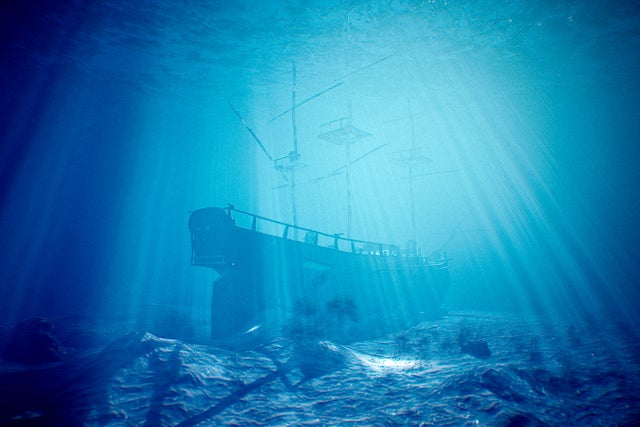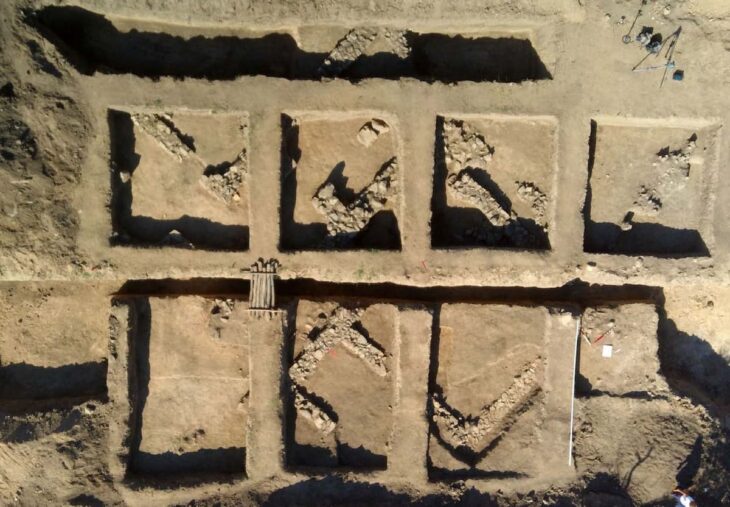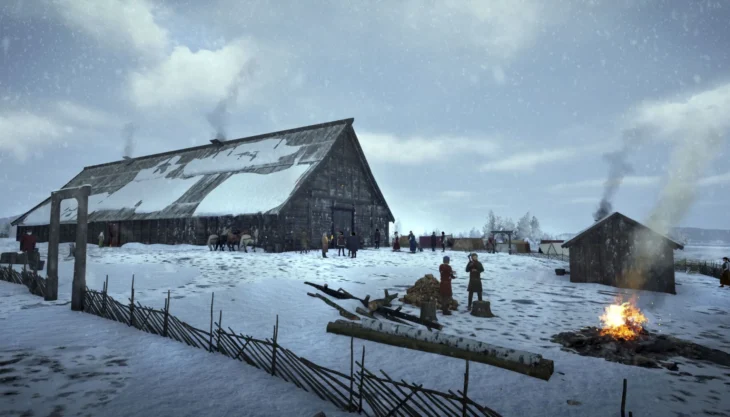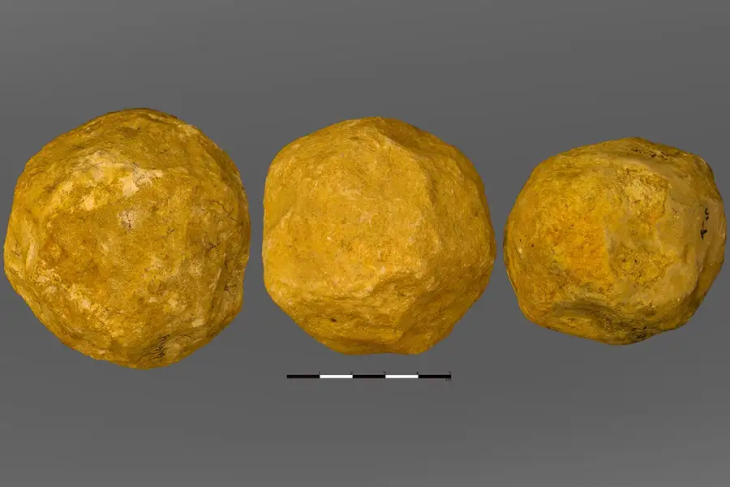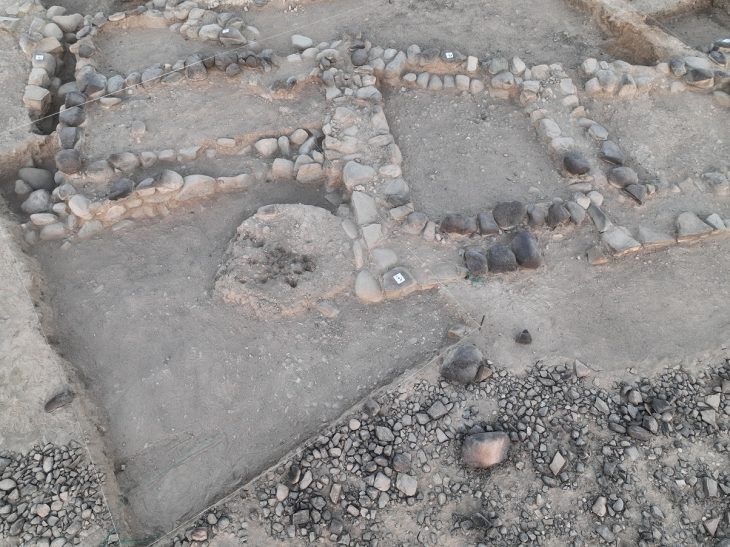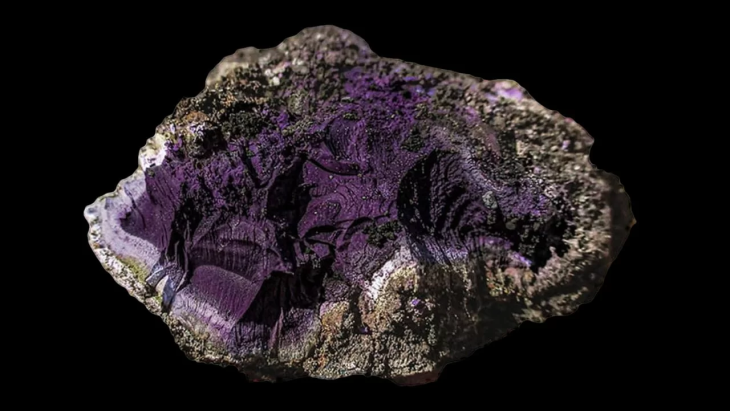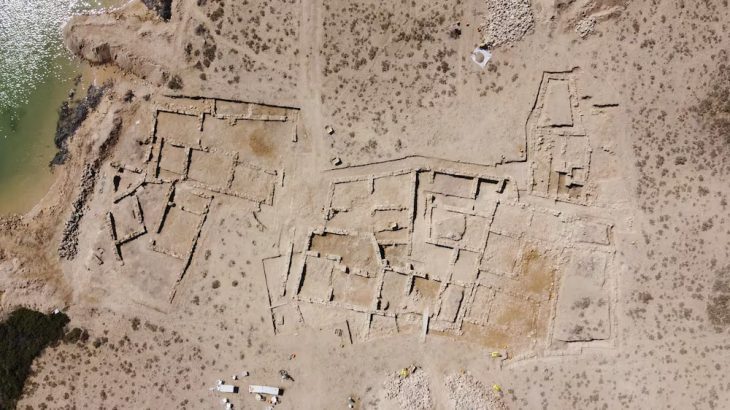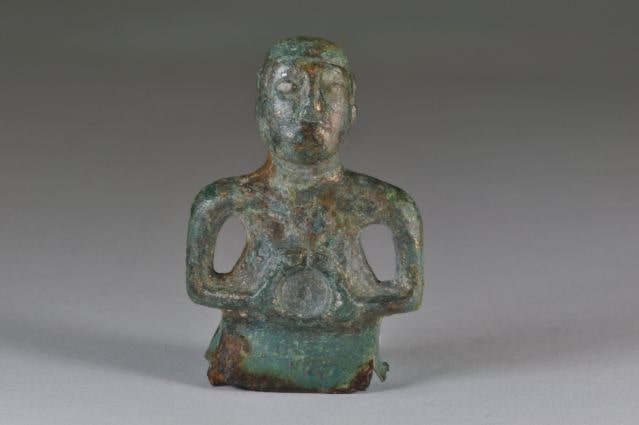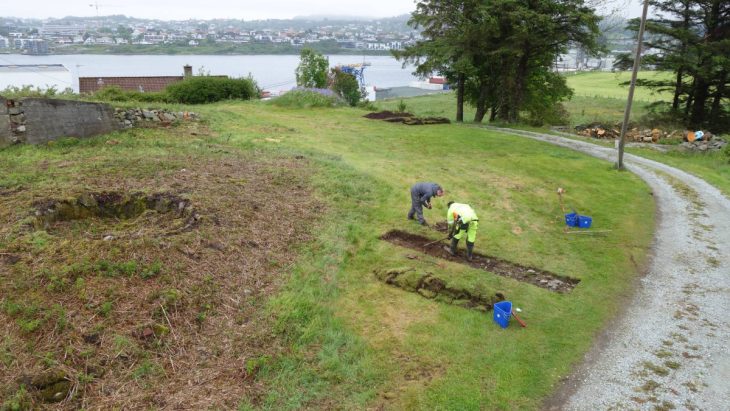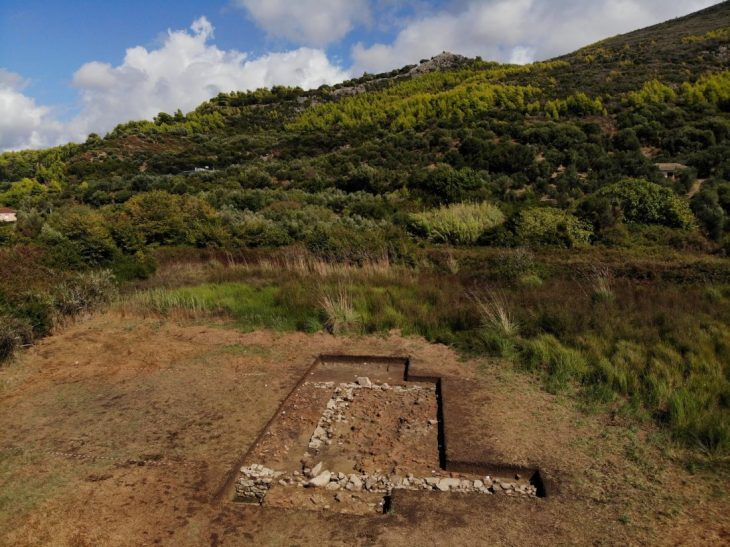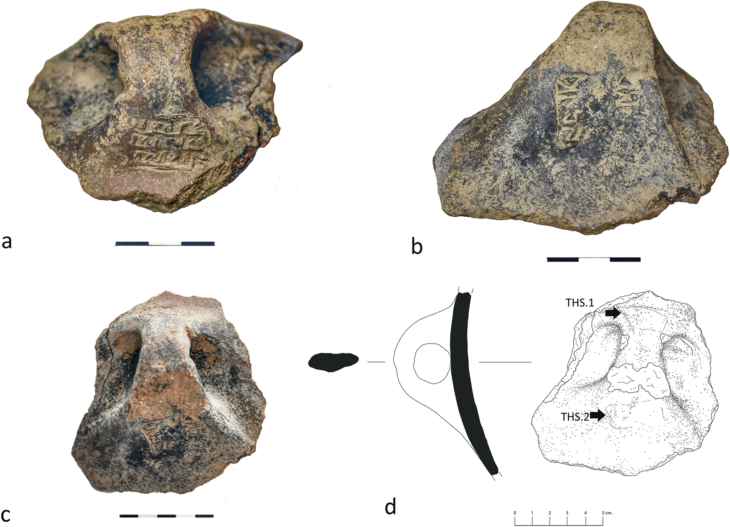The wreck of Captain James Cook’s famed vessel the Endeavour has been found off the coast of the U.S. state of Rhode Island, The Australian National Maritime Museum (ANMM) said Thursday.
Their research partners in the United States, however, have described the announcement as premature.
Cook notably employed the Endeavour on his first voyage of discovery to the Pacific Ocean, which resulted in Britain’s first meeting with the “unknown southern country” – Australia, between 1768 and 1771.
“Since 1999, we have been investigating several 18th-century shipwrecks in a two-square-mile area where we believed that Endeavour sank,” Kevin Sumption, director of the Australian National Maritime Museum, told a Thursday media briefing.
The announcement came after a 22-year investigation of a number of 18th-century ships in a two-square-mile area off the US coast.
📣 Our WhatsApp channel is now LIVE! Stay up-to-date with the latest news and updates, just click here to follow us on WhatsApp and never miss a thing!!
The famous ship lay just 500 metres off the coast of Rhode Island, where it was “buried in nearly 250 years’ worth of sediment and silt”, 14 metres below the surface.
But the Rhode Island Marine Archaeology Project said it was too early to draw that conclusion.
In a statement, project executive director D.K. Abbass said the announcement was a “breach of contract,” adding that “conclusions will be driven by proper scientific process and not Australian emotions or politics.”
A spokesperson for the Australian museum said Abbass was “entitled to her own opinion regarding the vast amount of evidence we have accumulated.”
The museum does not believe it is in breach of any contracts.
Sumption was among a team of archaeologists that announced in 2018 they believed the Endeavour’s remains were at the Rhode Island site, but said then more analysis had to be done.
The Endeavour was the ship Cook sailed from England to Tahiti and then New Zealand before reaching Australia in 1770 and charting the continent’s east coast.
By the time the ship sank in Newport Harbor in August 1778, it had been renamed the Lord Sandwich and was being used by the British to hold prisoners of war during the American Revolution.
The British scuttled the ship, along with others, to block a French fleet from sailing into Newport Harbor to support the Americans.
This was just a few months before Cook’s death in Hawaii in February 1779.
The cover photo is representative!

